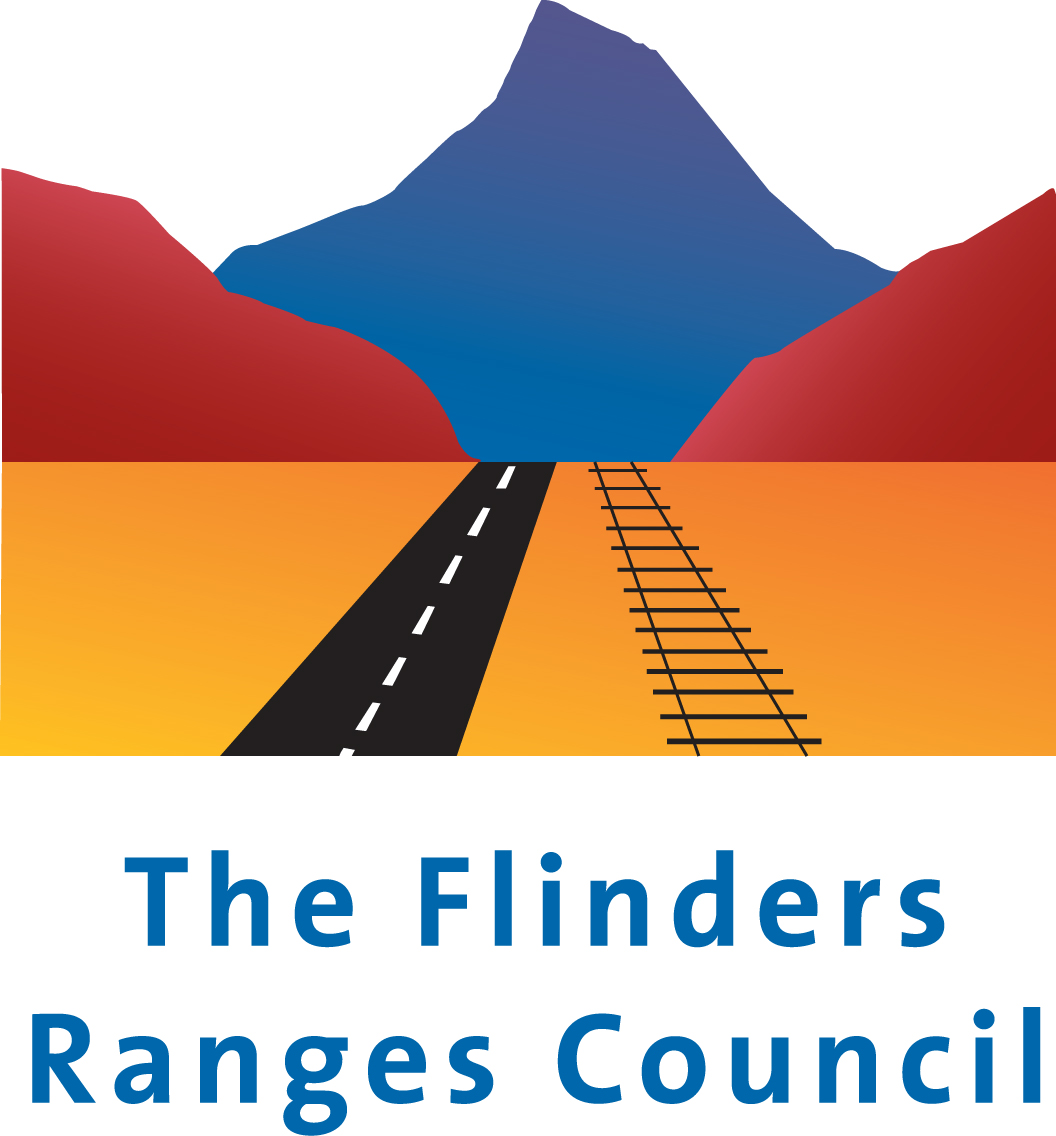Water for All Project - Expressions of Interest
Are you interested in participating in a study into a holistic water management scheme for Quorn and surrounding areas?
A holistic water management scheme is designed to capture, calm, store and desalinate a mixture of selected intermittent rainwaters, floodwaters and reliable groundwaters for water supplies, while reducing flood damages, providing enhanced water supply volumes for irrigation and water environments for general environmental, health and tourism benefits.
Council has been approached by Richard Clark, a retired water engineer who is very familiar with the Quorn water system and issues, to undertake a free and voluntary investigation into how a holistic water management scheme could work for this area. Richard is looking to engage with interested and knowledgeable local people who are willing to spend some time mapping out parameters for the study, researching and collating information and producing a final report.
If you are interested or want to find out more please register your interest direct with Richard on richard.clark@waterselect.com.au by COB Friday 31 May 2024.
Further Information:
The traditional’ choices for solving the water supply problem at Quorn appear to be either building an expensive desalination plant to treat salty local bore water or linking it via an expensive pipeline into the ever expanding regional River Murray pipe network. The estimated costs of either option appear difficult to justify.
Australia is fresh-water poor. The combination of climate change, continued population growth and increasing water demands are all leading to the need for new approaches to water management. This is now becoming particularly true for relatively small and remote communities located in semi-arid areas like Quorn. These communities are now increasingly on the front line, facing problems of apparent insufficient supplies of acceptable quality water. This problem is world-wide and growing.
While Quorn annual rainfall is only about 300 mm and not very reliable, ‘free’ rainfall is still the cheapest and best quality water available. Many residents are already collecting it in their raintanks. Stormwater runoff from raintank overflows and street runoff does not appear to be captured at all. By adopting a cooperative community approach, using relatively simple capture, sharing and treatment technologies, and shandying the better quality with more reliable bore water for non-potable supplies this water could be suitable with minimal treatment (possibly including minimal desalination) for all uses, including drought periods.
It seems to me that a community with a good knowledge of its surrounding ‘country’ and the full extent of its social and environmental water needs – plus a willingness to work cooperatively together - these home grown characteristics should form the basic necessities for initiating the kind of change to water management needed for the future!
